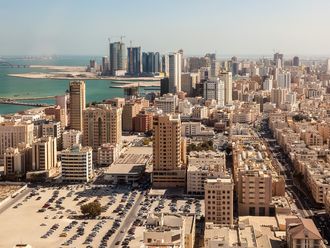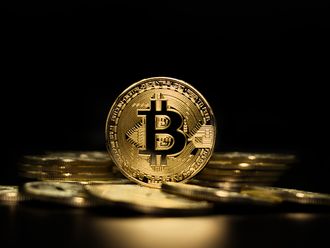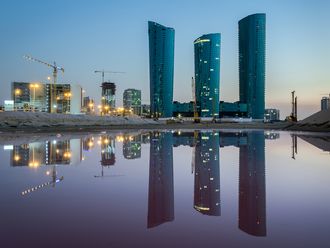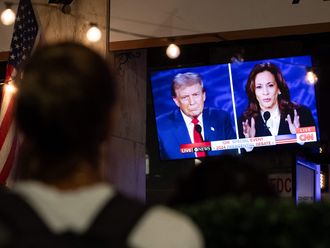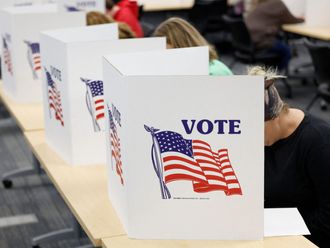Manama: Bahrain remains committed to the national dialogue and reforms, but its priority under the present situation is restoring social peace and stability, the foreign minister has said.
"The Kingdom of Bahrain is committed to the national dialogue," Shaikh Khalid Bin Ahmad Al Khalifa said.
"HRH the Crown Prince waited for one month to start the dialogue; however, the response to his invitation was impossible preconditions. I would like to stress that the dialogue would be open to all citizens after the restoration of security and peace," the ministers told reporters in Manama, two days after security forces intervened to drive away protesters from the Pearl Roundabout and the adjacent King Faisal Highway.
King Hamad Bin Eisa Al Khalifa declared a State of National Safety, emergency laws that banned public gatherings and imposed a 12-hour night curfew in the capital's most vital area. The "exclusion zone" timing was later scaled down to eight hours to allow late afternoon commercial and financial activities to proceed normally.
According to Shaikh Khalid, the royal decree on the state of national safety was issued to "protect social peace and restore normalcy after organised gangs blocked roads, barred people from reaching their workplace or hospitals, fuelled sectarianism, abused the rights of children, occupied hospitals, destroyed learning institutions, including the University of Bahrain, prevented segments of the society from getting medical treatment and blatantly violated the right to live of citizens and residents".
Crown Prince Salman Bin Hamad Al Khalifa last month called for a national dialogue to discuss ways to boost reforms and introduce political and constitutional changes. "No one will be excluded from the dialogue and no issue will be off the table," he said in the call.
However, only the National Unity Rally, an umbrella for several religious societies and independent people, said that it would take part in the dialogue. The main seven opposition societies said that they would be involved only after their pre-conditions are met. Three formations that are not part of the political mainstream have rejected the notion of dialogue.
The minister refused reports that the presence of units from the pan-Gulf Cooperation Council (GCC) Peninsula Shield amounted to an invasion.
"The arrival of these forces to Bahrain follows a decision of the GCC foreign ministers to stand together against any threat to any of its members. It is also based on the collective responsibility of the GCC to preserve security and stability since the security of the GCC is a whole and cannot be divided," he said.
"In light of the regrettable incidents in the Kingdom, Bahrain, as a member of the GCC, has the right to ask for the activation of the related agreements of the Council, such as the joint defence agreement signed in Manama on December 31, 2000, to repel any danger or threat.
"The Council has the right to respond to such a request within the framework of the GCC and the arrival of the Peninsula Shield units in Bahrain is in line with the principles and rules of international law and within the notion of a fully sovereign and independent state. It is not in any way a foreign interference in domestic affairs," he said.
The minister dismissed suggestions that Saudi Arabia had pressured Bahrain into allowing the intervention of the GCC troops.
"The issue was discussed by the GCC on several times. The foreign ministers met three times, in Manama, Abu Dhabi and Riyadh," he said.
Iran has been among the most vociferous opponents to the presence of GCC military forces in Bahrain and said that it would take up the matter with the United Nations and the Organisation of the Islamic Conference.
Tehran on Wednesday recalled its ambassador in Manama, Mahdi Aghajafari, who took up his post in Bahrain six months ago, for consultations. The recall was one day after Bahrain asked its envoy in Tehran to return home following "unacceptable" Iranian statements and the summoning of the Bahraini and Saudi ambassadors by the Iranian foreign ministry to protest the GCC deployment.
"The Iranian declarations are a blatant interference in Bahrain's domestic affairs. The thugs who have perpetrated acts of sabotage and abused human rights are Bahrainis and not under the authority of Iran. It is better for Iran to preserve its relations with its neighbours and to address its problems which are worse than the ones in Bahrain and not export them," Shaikh Khalid said.


